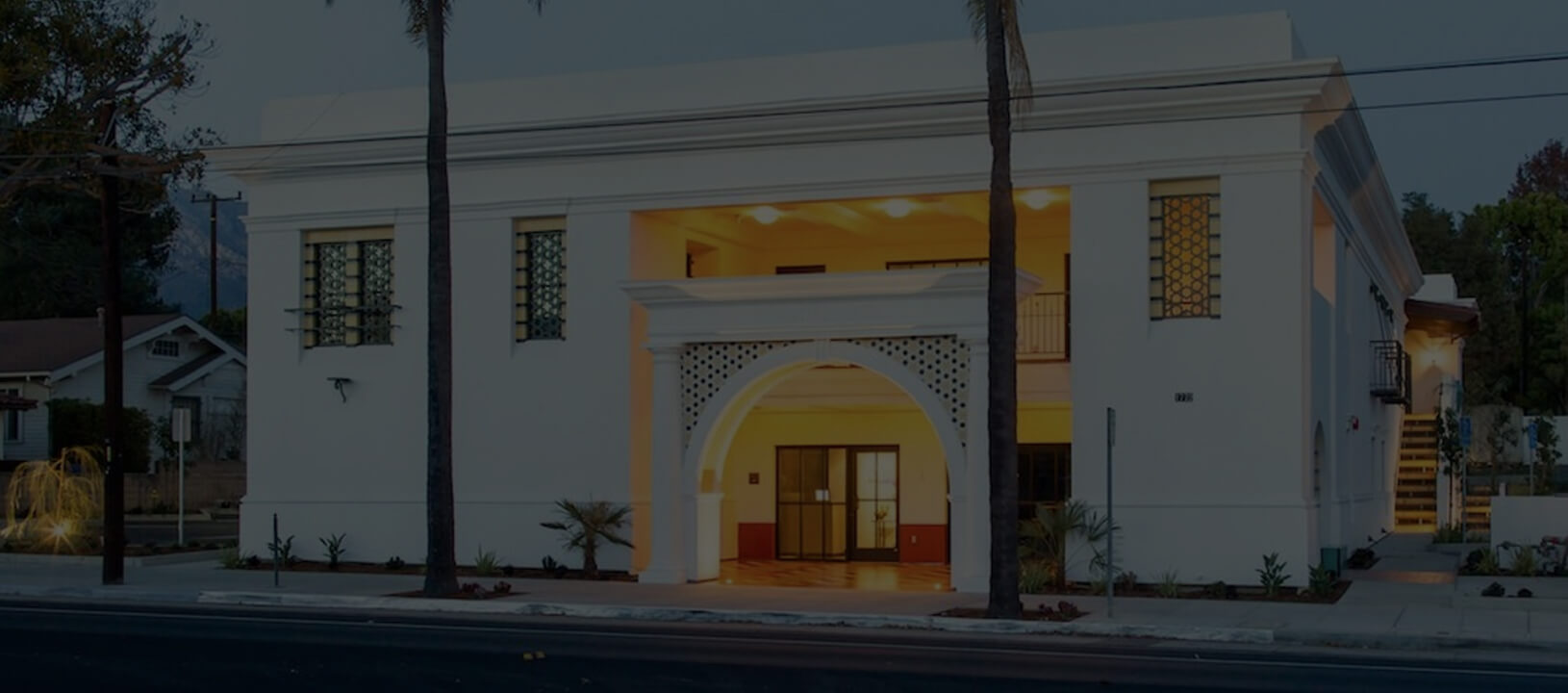My mother tells a story about me when I was 9 and had a headache so bad I would not stop crying and would not leave my room. I don’t remember that, but I know that I have had severe headaches as long as I can remember. As a child, I took so much aspirin (Anacin was what I was raised on) that by the time I was 12 I developed an autoimmune response that landed me in the emergency room in Ocean City Maryland. That was the last time I took aspirin, but not the last time I had a severe headache.
 Most people don’t understand what it is like to have a headache so severe it is hard if not impossible to function. Spending all day looking for door jams to lean into to try to massage away some aspect of the radiating pain that includes the neck, head, scalp, and face. Not wanting to turn your head to talk to someone for fear the dizziness will take over. And if you have not had that kind of pain, I can understand how it is hard to comprehend it. I don’t have diabetes, and I try to help my friends and patients who do have this disease, but I’m sure I don’t understand what it’s like to be them. For my headache patients, I get it.
Most people don’t understand what it is like to have a headache so severe it is hard if not impossible to function. Spending all day looking for door jams to lean into to try to massage away some aspect of the radiating pain that includes the neck, head, scalp, and face. Not wanting to turn your head to talk to someone for fear the dizziness will take over. And if you have not had that kind of pain, I can understand how it is hard to comprehend it. I don’t have diabetes, and I try to help my friends and patients who do have this disease, but I’m sure I don’t understand what it’s like to be them. For my headache patients, I get it.
Debilitation with occipital neuralgia and headache can be truly life altering. Last week I spoke with a young man who wants to be a neurologist but is so debilitated by post traumatic headache that he can’t sit through classes. While I’ve been close to that before, I have been fortunate to either have the excessive drive to push through or possibly less debilitating pain than others. I managed to make it through college and medical school because I felt I had no choice, but trying to study for a biochemistry exam with the feeling of a cleaver in your scalp is not something I would wish on anyone. During my general surgery residency, I had a headache of seven to ten out of ten for most of the five years I spent working 115 hour weeks. If I thought studying with severe head and neck pain was hard, that was nothing compared to doing my third liver transplant in five days without having the opportunity to sleep or eat more than a couple of saltines between operations. At least I had nothing to throw up.
I really didn’t even believe in migraines at that point. Being in a surgery residency back then was kind of like being in boot camp- showing weakness was not an option, and headaches were just part of life. I did not think it wise to ask my associates if their head ever hurt so much that their tongue seized up with pain. I never thought to see a physician about it, and even if I did there was hardly time to make an appointment. (I did have a kidney stone and had a procedure for that- without anesthesia so I could operate on my patients early that morning and later that night, but that is another story.) It was not until I was married at age 42 that my mother in law offered me my first Zomig pill, and that was the first time I ever had my head pain relieved. I was shocked. I had taken for granted that nobody could understand what it was like to have my pain and my lifestyle and had I just lived with discomfort and depression.
When a headache patient, or a patient with any disease for that matter, feels that they are incompletely understood, the associated hopelessness and depression can make everything worse from a symptom standpoint, a lifestyle standpoint, and certainly an emotional standpoint. Finding physicians with the right fit to listen, understand, and do their best to help is the key that I have come to understand in my practice. I may not be able to help everyone, but I do my best to understand my patients and give them direction even if they are not a surgical candidate.
I have seen some physicians with truly poor judgement who command amazing respect from their patients simply because of amazing empathy. I have seen some physicians with such intellectual brilliance that they have difficulty with social interaction and cannot express empathy at all. And some very capable physicians who mean well can get so frustrated with the failure to help that their patient interactions suffer. In so many cases, for one reason or another, a patient with the degree of pain and potential debilitation that accompanies severe headache and occipital neuralgia can get discouraged, misunderstood, and subsequently depressed. The key is to remember that you are not alone, and that there are many, many different kinds of therapies that are worth trying from medications to chiropractic to physical therapy to nerve stimulation to nerve decompression surgery. For me, I consider myself lucky that Zomig works much of the time to decrease my pain to a point that I can enjoy my life and my practice. I understand, however, that many others are not as lucky and remain in search of answers. And I hope that if you are reading this, knowing that someone understands as both patient and surgeon can help at least a little.
All of our pain conditions, all of our pain thresholds, all of our degrees of debilitation are different. Keep doing your best to live your life, search out and research new developments in therapy, and look for a doctor who can try to understand if not truly comprehend your condition. We are out there.

